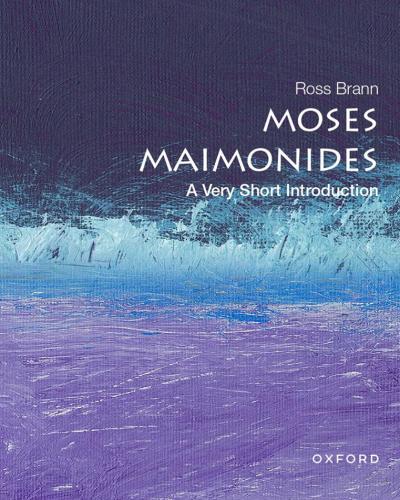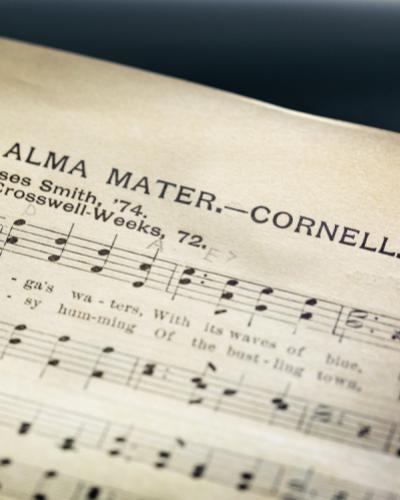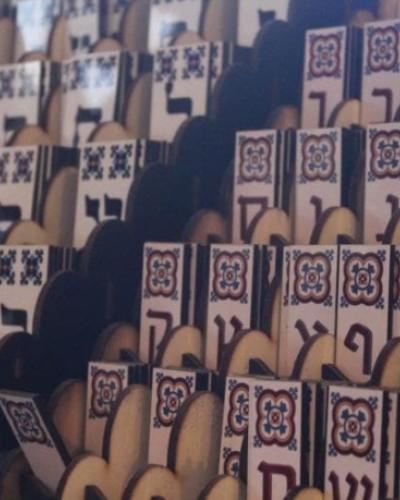We asked Senior Hebrew Lecturer's, Nava Scharf and Shalom Shoer why they are passionate about Hebrew studies at Cornell.
What do you love about teaching Hebrew?
(N. Scharf) What makes teaching my Intermediate and Advanced Modern Hebrew classes a pleasure are my wonderful, talented and enthusiastic students who are taking my Hebrew courses because they want to learn the language, and about Israel and its culture.
(S. Shoer) I love the small group settings the allows me to interact with the students and to learn about their lives here at Cornell. I love to see students amazement when they realize that they can actually speak, read and write Hebrew for the first time.
Do you have a favorite assignment? If so, what is it and why is it your favorite?
(N. Scharf) One of my favorite assignments is to give each student a topic of their choosing to present in class using power point. Another fun assignment is a creative writing assignment where I have students write their own story in Hebrew, using images and their imagination.
(S. Shoer) My favorite assignments are the weekly essays, where many students write and share their week at Cornell. Also, the end of semester project, when students get to work in groups, be creative and produce a video in Hebrew about any topic they choose. I get to see a different angle of my students which is fun, free and creative. For example videos, visit the Center for Hebrew Studies.
Why should students consider learning Hebrew? How can they benefit from learning the language?
(N. Scharf) By learning Hebrew my students learn about many aspects of Israeli (and Jewish) culture, literature and history. The atmosphere in class is relaxed and very friendly. Students get to know each other and became close friends all while practicing and advancing their knowledge of all aspects the Hebrew language.
(S. Shoer) We meet in small groups where everybody knows your name. Where else would you have the opportunity to read in Hebrew texts that span for thousands of years from ancient passages from the Tora and the bible, to current newspaper articles and learn contemporary Hebrew songs and literature? Where and when would you be able to read and understand modern texts like The Giving Tree, a book written and illustrated by Shel Silverstein, in Hebrew.
The benefits from learning Modern Hebrew are vast. You will able to read the bible and understand it, understand Israeli culture and be able to better understand the Israeli society that conceived one of the highest amount of high-tech startups and gain a better understanding of the politics of the Middle East.
What is your favorite Hebrew word and what does it translate to in English?
(N. Scharf) Yoffi which means great/wonderful. I use it often when a student gives a correct answer in class.
(S. Shoer) Nu is the most versatile word in Hebrew, originally a Yiddish word. Its meaning varies depending on the circumstance and the inflection of your voice: Hurry up! So? Hey, Eh? Come on! Are you kidding me? Do you agree? And much more.





